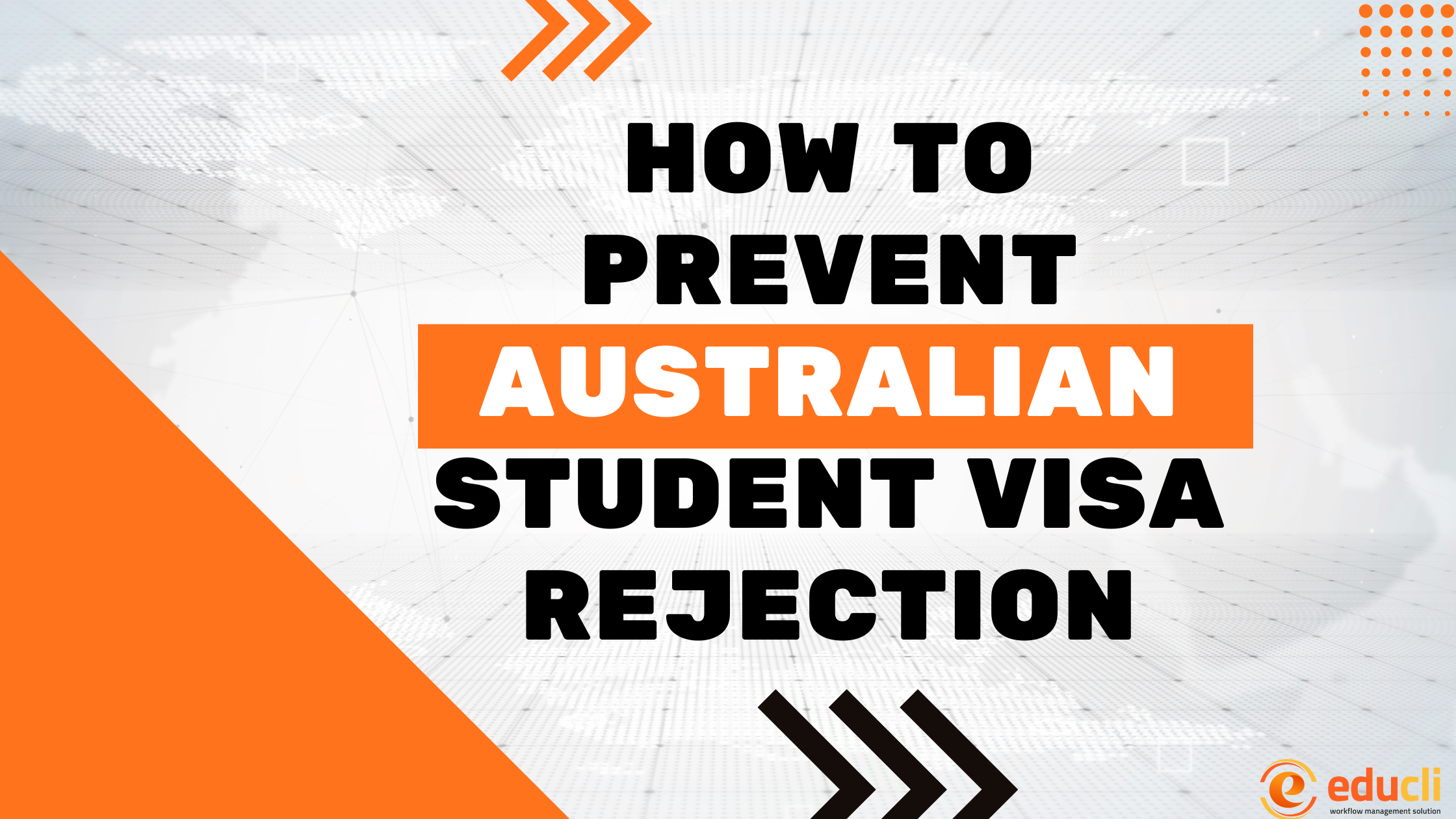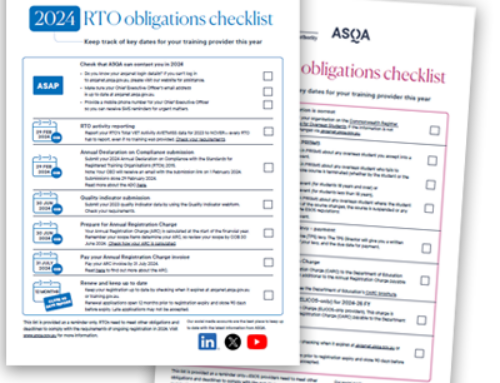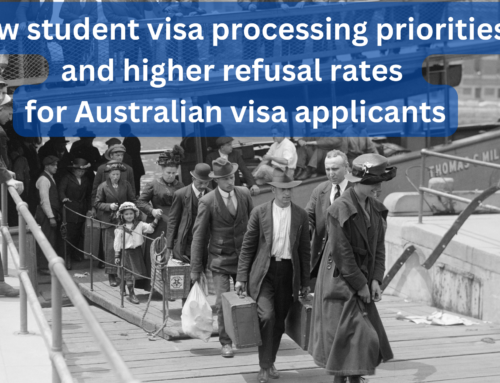As a part of our educational series, we have prepared a short guide on how to prevent rejection of an application for Australian student visas.
In our previous article on the most common Australian student visa rejection reasons, we discussed how to avoid them. We’ve compiled a list of tips to help avoid Australian student visa rejection.
- First, applicants must make sure that all of the information they provide is accurate and that their documents are legitimate.
- The applicant has to make sure they have enough funds to provide before applying. This should cover any future education, travel, and living costs that they may incur – however, it must be at least AUD 24,505 in savings plus expenses for any other family members.
- Cross-check whether or not they meet the eligibility criteria for their desired course. The institution’s administration team will have to provide them with written confirmation of the same if you email them about it.- See a list of colleges here.
- It might be helpful to get some expert assistance with the student visa application from education or migration agents. Their knowledge will be useful in avoiding the rejection of the applicant’s application for an Australian student visa. – see list of agents here.
- Prepare for an interview (if required).
When deciding whether to grant a visa, what criteria do immigration officials use?
The case officer checks if you are a legitimate student, if you have all the necessary documents, if you can afford the education and the stay, outcome of your studies for your future employment or professional career, your character, your health and any other factors etc.
How can I mitigate visa refusal?
You can hire an experienced agent, choose a course relevant to your future employment or professional carreer, do your homework and research all the required documents necessary for the application, write a great statement of purpose.
Documents for students visa application checklist:
More information can be found at the Department of Home affairs page.
- Valid electronic Certificate of Enrolment (CoE)
- Copy of passport (biometric page)
- A genuine student statement
- Birth Certificate
- Identity page of the passport, with visa labels and immigration stamps for every nation on each page
- Nationality Identity Card
- Registration Book
- A Curriculum Vitae / Resume
- Evidence of qualifications
- Evidence of any scholarship(s)
- Overseas Student Health Cover (OSHC)
- If under 18: signed and witnessed Parent consent letters (form 1229)
- Confirmation of Appropriate Student Accommodation and Welfare Arrangements (CAAW), linked with your CoE
- A signed financial undertaking from the individual(s) providing the funds
- English language test certificate
- Other relevant documents
What should you do when your visa to Australia is rejected?
Applicants from outside of Australia are required to submit a new application, as they do not have the right to a review. Visa applicants in Australia, however, have the option to seek review through the Administrative Appeals Tribunal (AAT). They can request a reconsideration by submitting an online form to the AAT within 28 days of receiving the visa rejection notification. The time it takes for the appeal process varies depending on the reasons for the visa rejection and the type of visa.
Administrative Appeals Tribunal (AAT) fees
There is a fee of AU$3,374 to apply to AAT for a review of the Immigration Department’s decision. Applicants may be eligible for a refund of up to 50% if their case is successful.
Information to provide to AAT
A rejection of your visa application indicates that the immigration authorities have identified certain problems that necessitate further investigation. Your visa application may require additional information from you before ATT can review it. To help ATT officials process student visa applications, students can submit the following documents:
- Details of their previous educational studies and achievements (COEs, Diplomas, Transcripts, letters of recommendation)
- Explanations for why they chose not to pursue a similar course in their home country (Statement of purpose, GTE letter)
- Information regarding their plans to return to their home country after completing their studies (Statement of purpose, GTE letter)
- A copy of the acceptance letter received for further studies (if applicable).
- Demonstrating the relevance of the chosen course to their future job opportunities in Australia or in their home country.
- Testimonials or references from other individuals who can support their case.
The AAT will review your application, taking into consideration the following factors:
- Reasons for your intention to study in Australia.
- Your immigration history – have you complied with the visa requirements and study requirements.
- Did they continue to study whilst under the AAT review.
- Other relevant details pertaining to your case.
- Based on this review, the AAT will provide you with a detailed written decision regarding your visa application.
The AAT committee makes decisions based on various factors, like:
- The applicant’s circumstances in their home country.
- The reasons for wanting to enter Australia.
- The value and relevance of the enrolled course for future prospects.
- The applicant’s immigration history.
- Any other pertinent information.
What to do if the appeal to ATT Fails?
Students have two choices if the visa is still denied following an appeal to ATT.
- Students can file for a judicial error made by the Immigration Department or by the AAT to the Federal Court
- Students can write to the minister, providing strong grounds and seeking his personal discretion to grant them a visa.
In conclusion, it is important to carefully review the visa application requirements and ensure all necessary documents and information are provided to avoid visa rejection. If an Australian visa application is rejected, the applicant may have only limited options. To know more about the visa, study and living in Australia, download our brochure.
#visaaustralia #immigration #studyinaustralia #educli





Leave A Comment